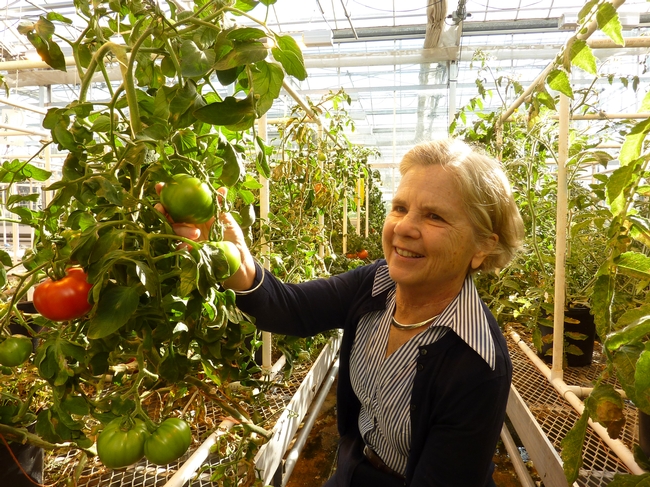People often complain about grocery store tomatoes, saying they’re too hard and don’t have the flavor we remember from the days of old. And we thought we knew why - because the millions of tons of tomatoes harvested in the United States and beyond have to be picked before they’re fully ripe and juicy in order to survive being shipped long distances. What’s more, many shoppers store their tomatoes in the fridge, which destroys both their flavor and texture.

The news is unexpected and encouraging, because now breeders have the genetic information they need to create modern varieties suited for large-scale harvest and shipping with all the flavor of more delicate heirloom varieties.
“Now that we know that some of the qualities that people value in heirloom tomatoes can be made available in other types of tomatoes, farmers can have access to more varieties of tomatoes that produce well and also have desirable color and flavor traits,” Powell said.
It takes awhile to breed a new tomato variety, so don’t expect to taste the results anytime soon. But Powell and her team’s discovery is a huge first step. Tomato lovers can also be grateful for C.M. Rick Tomato Genetics Resource Center at UC Davis, home to a vast collection of mutant and wild species of tomatoes which provides the genetic diversity scientists and breeders need to recapture the flavor of old.
You can read more about the study here.
You can access the Science article here.
You can learn more about the C.M. Rick Tomato Resource Center here.